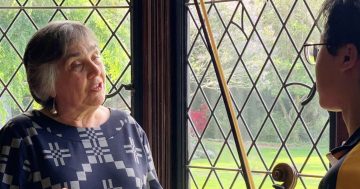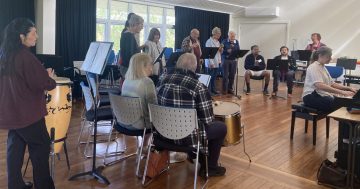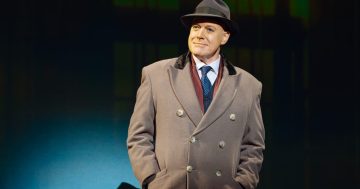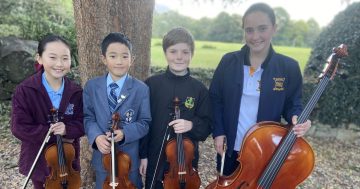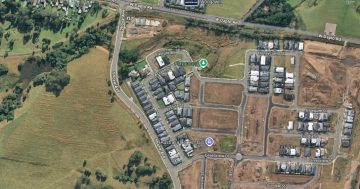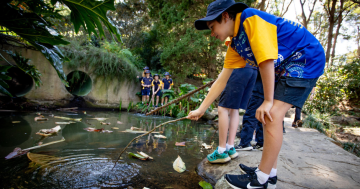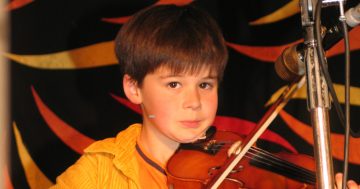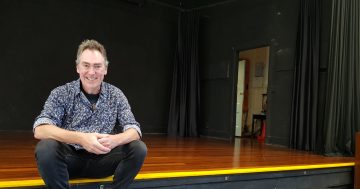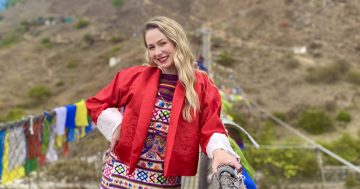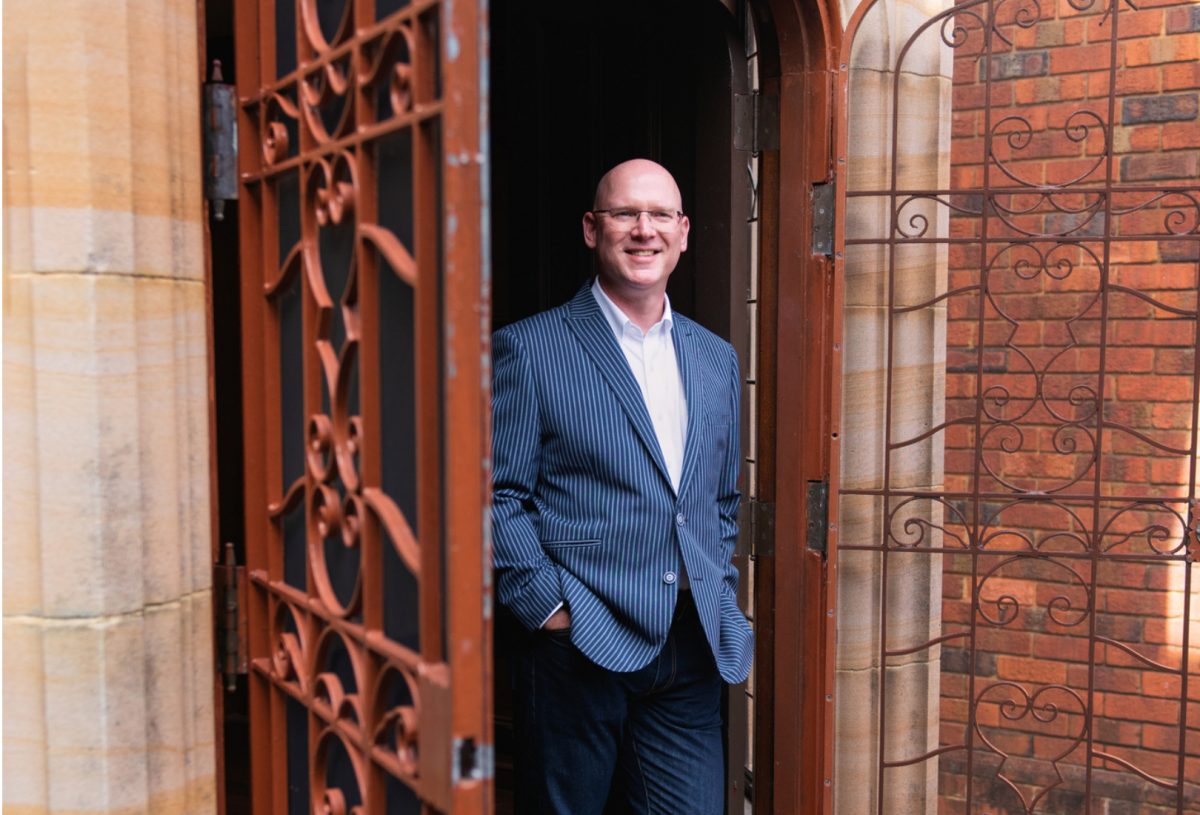
David Francis is looking to provide every primary school student with access to music education during his time as NSW Regional Conservatoriums Association president. Photo: Supplied.
Bringing music education back into the heart of primary school classrooms is the goal for David Francis as he steps into the president’s role of NSW’s peak regional music body.
David, who is also the Wollongong Conservatorium of Music (WollCon) CEO, was appointed president of the NSW Regional Conservatoriums Association in June.
It is the organisation for 17 regional conservatoriums from Lismore to Deniliquin, and is committed to providing life-long access to music education across NSW.
David said the role would allow him to expand on the work he had already started with WollCon, including telling the story of conservatoriums and the importance of music education in public primary schools.
“What we did last year here at Wollongong Conservatorium was use the 50th birthday year as a springboard to tell our story,” he said.
“It’s amazing how many people have responded by saying, ‘Well, we knew you were there and we knew what you did, but we have no idea of the impact and scale of what you do’.”
That impact ranged from promoting community music events to students accessing early years music education in the classroom.
For David, it was about music education being a life-long experience. He first started singing in church choirs while growing up in southwest London and now still sings and conducts a choir in Pambula.
“I feel there isn’t a collective message from regional conservatories about the incredible impact of their work,” he said.
“Everybody knows there is huge evidence to show what the benefits are both socially and educationally of taking part in music and having music education in all of our lives.
“I feel there’s a real moment now for us to grasp that.
“This is particularly important as music education in mainstream public education continues to be marginalised – something we’d love to see reversed.”
David said this was due to music sitting outside the core curriculum and the challenge of finding teachers to lead music classroom sessions.
He said often schools employed teachers for STEM subjects who had an interest or ability in music, rather than being a qualified music teacher.
“What I’m interested in is how we can change the culture within schools to say, ‘If you embed music within the culture of your school, it will have a direct benefit to all of these other curriculum areas’,” he said.
“What happens now is that a lot of the music we deliver in schools happens before school, at lunchtime or after school.
“It’s great that young people have opportunities to be in bands or choirs, but it’s happening as an extracurricular activity as opposed to being at the heart of the culture of the school.
“That’s the change I would like to see.
“If you look at the investment communities make in music, participation in music and music education across the 17 conservatories, it is tens of millions of dollars a year.
“So there is no shortage of people in New South Wales who value music.”
He said it was now about harnessing that to put music back into the public school system.
“I don’t feel we’re banging our heads against a brick wall there,” he said.
“It’s a big task, it’s not going to happen overnight, but I think it’s just having the right conversations and finding examples.”
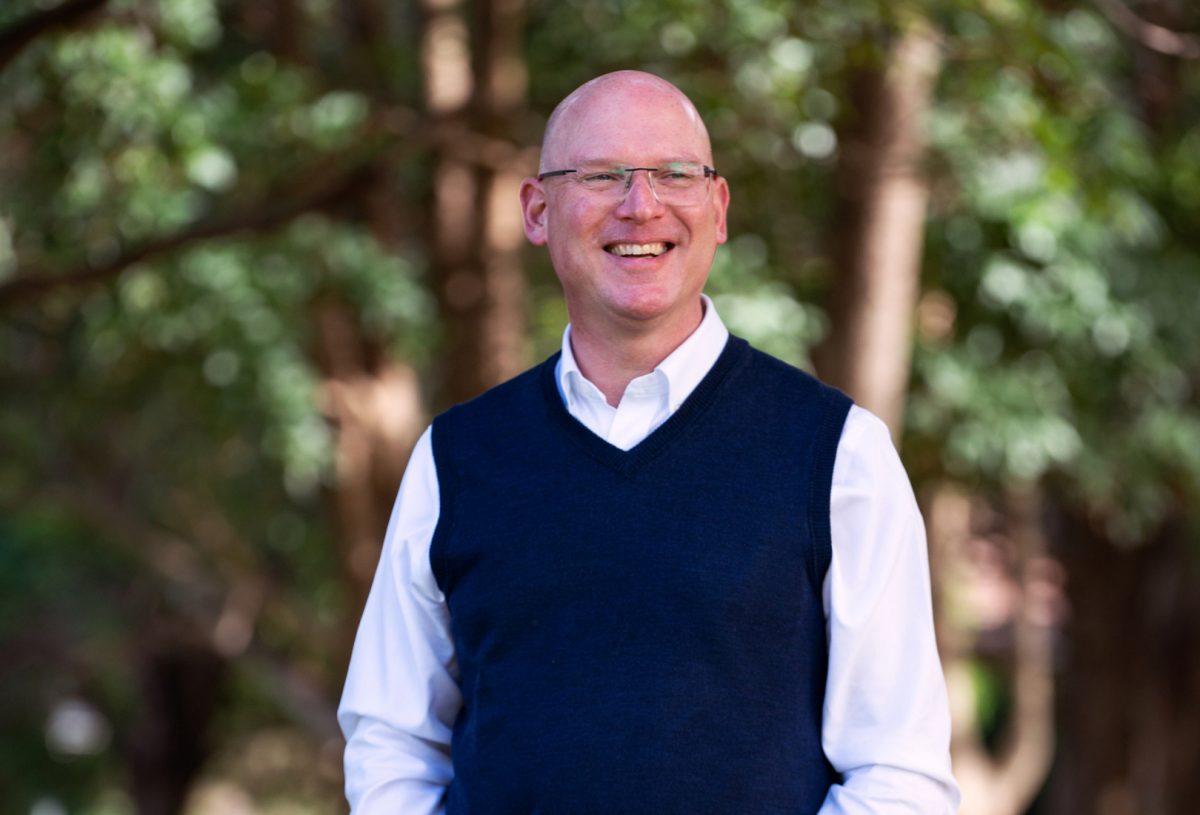
David Francis is also the Wollongong Conservatorium of Music CEO and has seen in the Illawarra what’s possible with getting music education back into public primary schools. Photo: Supplied.
While WollCon works with 25 Illawarra schools mostly through band and ensemble programs, it already has classroom examples, including Coledale Public School.
“Every child in the school is now experiencing music as a result of the work that WollCon and the school are doing in partnership,” he said.
“There’s an amazing school in Windang that has the same kind of approach, and at that school we do have a classroom music teacher who goes in.
“So I can see examples of where we have beacons of what the future could look like but I’m realistic about how long that will take to achieve.”
He said the 17 conservatoriums were funded by the Department of Education to provide music provision in schools, which made now the right time to raise the issues.
“This new role means I have a mandate to represent the work of Regional Conservatoriums to the NSW government as well as other policymakers whose work influences our sector,” he said.
“I’m not going to be somebody who’s just banging on, going ‘We need more, we need more’.
“I’m really interested in how we work together to achieve the solutions surrounding these issues.”
David’s track record proves there are always solutions, even in the most remote NSW areas.
He was executive producer of the biennial Four Winds Festival in Bermagui in the far South Coast, and built a year-round arts organisation with a significant music education program in schools.
“That was a real challenge, because as it grew we found we didn’t have enough people in that area to deliver the work,” he said.
“We also had really talented students who reached a level on their instruments where they needed to be taught by people who were far more advanced.”
The program created partnerships to allow for visiting artists and online teaching from Sydney and overseas to ensure students could take that next step with their music education.









